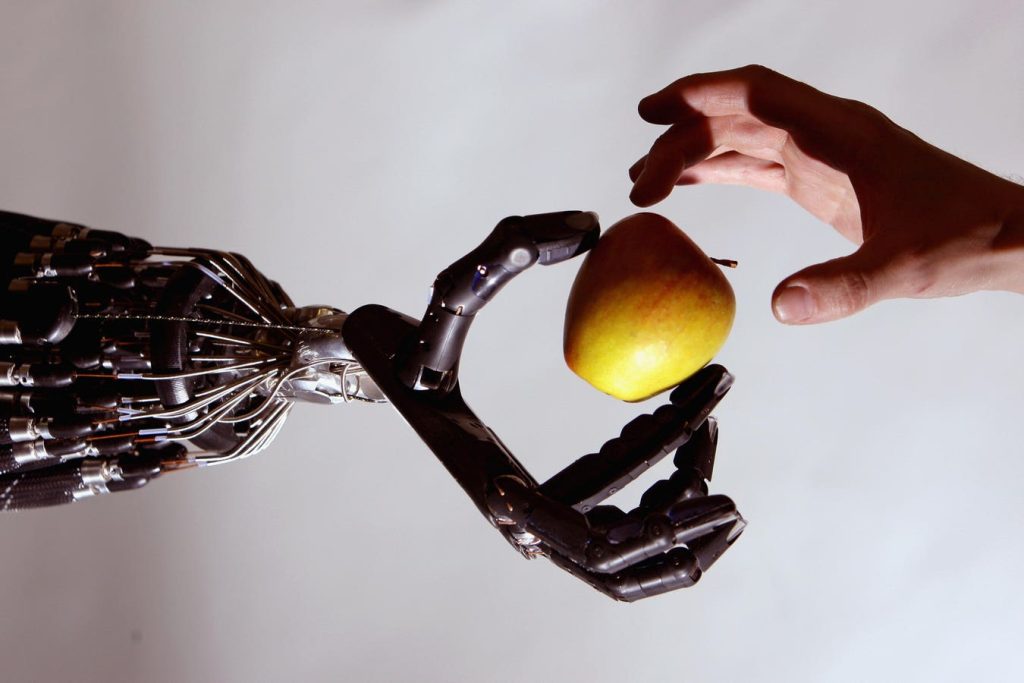In the wake of a successful year for generative AI, it is becoming increasingly evident that this technology, exemplified by ChatGPT, has the potential to replace certain job positions and render them obsolete. Major companies such as IBM are already downsizing their marketing and communications teams due in part to the implementation of generative AI. Studies have shown that more than one-third of companies using AI have already seen their workforce replaced by AI in 2023, and nearly half anticipate further layoffs in 2024 as a result.
As we move towards a future dominated by AI, it is crucial for workers in the global economy to acknowledge the inevitable impact of technology on the workforce. The increasing efficiency and productivity offered by AI make it an attractive option for businesses looking to maximize profits. Research indicates that by 2030, a significant portion of work currently performed by human workers in the US economy could be automated thanks to generative AI and other technologies. As a result, the question becomes not just about what AI can do, but about how human workers can adapt to remain relevant in a post-gen-AI world.
Generative AI has the potential to create new job opportunities, but the nature of these roles may be vastly different from traditional positions. While some jobs may be streamlined or even eliminated by AI, technological advancements often lead to the creation of new and unexpected roles. As industries evolve with the integration of AI, workers should focus on acquiring new skills and adopting an “AI mentality” to remain competitive in the job market. Jobs that are most likely to be impacted by generative AI include website development, marketing automation, legal support, sales, and customer service, among others.
The rapid development of vertical AI and LLM capabilities offers startups and small businesses the chance to significantly increase productivity and efficiency with fewer personnel. The potential for single-person billion-dollar companies in the future, as suggested by OpenAI’s Sam Altman, may seem far-fetched, but the use of generative AI and intelligent chatbots can certainly drive revenue growth for smaller organizations. As the job landscape shifts with the rise of AI, workers must be prepared to adapt and evolve to remain competitive in the market.
It is essential for employees in marketing and communications to view AI as a partner that can enhance their work rather than a threat to their positions. By familiarizing themselves with the capabilities of generative AI and leveraging its benefits, employees can increase their value in their respective roles. AI may change the job landscape, but it is ultimately about staying productive and efficient. Embracing AI as a tool to enhance one’s skills and knowledge can help workers stay ahead of the curve and remain marketable in a rapidly evolving job market.
Every technological revolution has resulted in the creation of new jobs, and the rise of AI is no exception. Proof-of-concept projects with AI are on the rise, and companies are increasingly investing in generative AI technologies to drive revenue growth. While the impact of AI on the job market is inevitable, staying adaptable, sharp, and continuously learning new skills can help workers navigate the changing landscape and remain valuable to employers. The key to staying ahead of AI disruption is to understand the technology, embrace its capabilities, and use it to enhance the work that you do.


